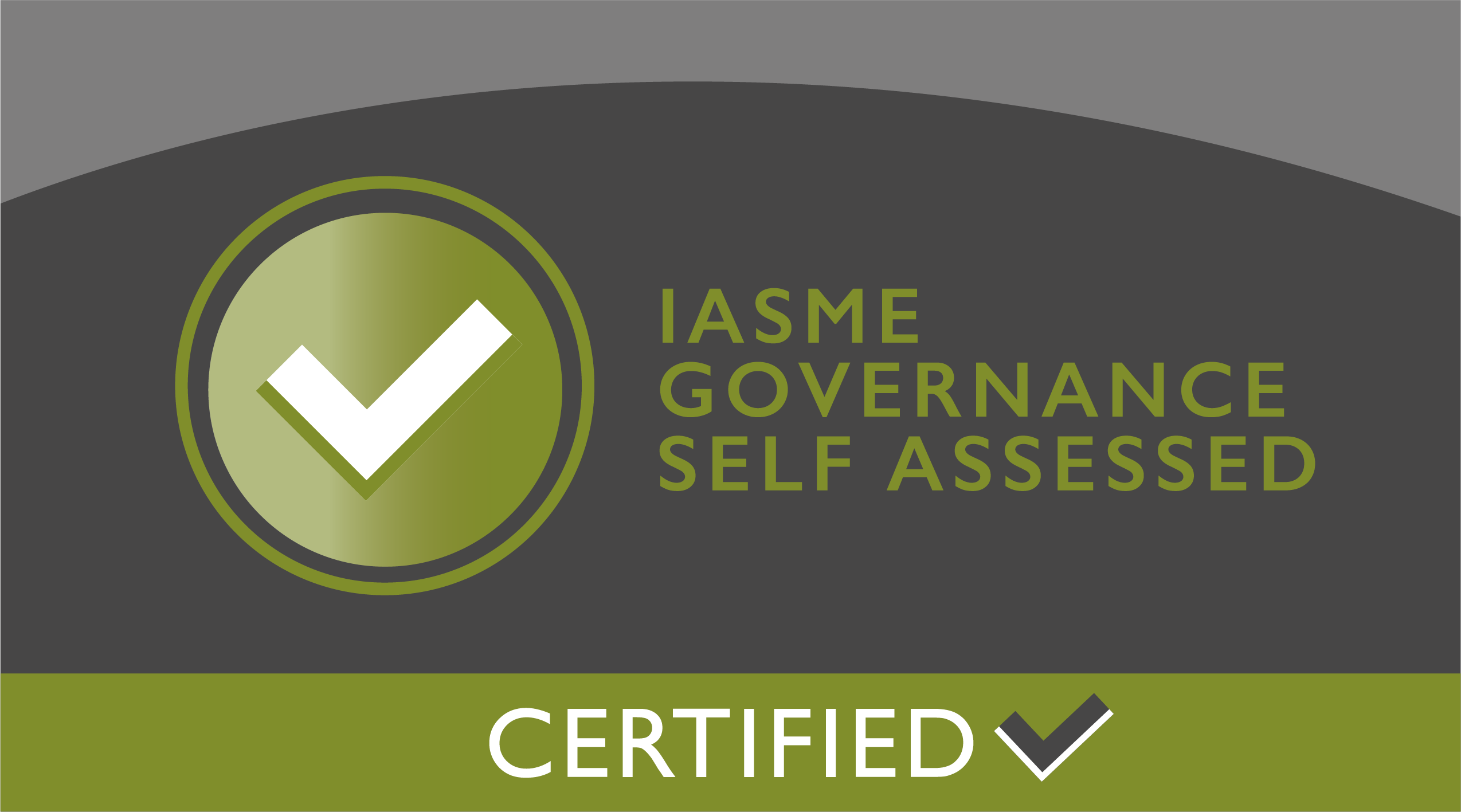In the 4th part of our ‘ANYWHERE WORKER’ blog series we look at the CULTURE – a holistic operating system that’s supported by Human Resources (HR) and enforced by people managers.
Now that you’ve got the right technology and a fully-fledged business continuity plan built out, it’s time for human resources to step in and take over. Current policies and cultural norms that worked in an office setting may not be conducive to a healthy remote work model.
There are many HR considerations that must be made to ease the transition and allow employees to feel empowered and capable of meeting goals and doing their best work.
Keep culture growing
So why do workers worry about poor communication if they’ve been equipped with all of the proper communication tools? Because working from home is new and unknown for many, and companies haven’t provided their employees with the best practices and policies to successfully communicate and collaborate with their new toolset.
While in the office, workers are face-to-face with each other on a regular basis. There are holiday festivities, team lunches, watercooler chats and more. HR teams should set flexible employees up for the same success cultivating these connections through things like:
Internal Communication Channels: Make sure employee interest groups continue meeting remotely.
Acknowledgements: Whether through team emails, video conferences or an all-hands chat group, employees should be recognised for big wins, small victories and everything in-between.
Recurring Meetings: Regular meeting times will help workers feel more connected, mitigate roadblocks and help improve productivity
Help Support and be a Resource for Managers
It’s critical for HR to actively facilitate the overall success of managers — especially those new to managing flexible workforces. Even great managers may have little to no experience managing a team of remote workers and will have unique considerations. Our final chapter addresses these in detail – but HR departments must lead the charge in institutionalising these management changes.
HR should prioritise helping leaders excel:
- Set company guidelines around communication tools — what to use and when.
- Train on nuances of remote performance reviews for flexible workers.
- Encourage goal alignment directly connected to the company‘s strategic initiatives.
- Outline when they should solicit help from upper management.
HR managers can also gauge employee happiness and get a better understanding of how they feel management is doing (and how satisfied they are with flexible work policies and much more) by sending out eNPS surveys.
Take a Top-Down Approach
Leadership formulates policies that are developed into initiatives by each team across the company. For HR, and those building out flexible work policies, that means using training, leadership development, retention programs self-care days and more to increase morale and culture. Another huge HR challenge for a remote environment is hiring new employees. How do you build an organisation of top-tier talent without ever meeting the candidates in person? We’ve got some best practices to follow!
Implement remote hiring practices
Whether employees are working remote a few days a week, or teams are fully remote, the hiring process needs a change. Here are some flexible work hiring tips:
- Interview for soft skills. You need a candidate who is self-motivated, tech savvy, a strong communicator and has great time management skills.
- Put them to the test. Testing candidates with a project or task will help you better understand how they approach and solve problems independently.
- Understand their commitment. Ask directly their motivations to work in a remote capacity rather than in the office.
- Point out the perks. Highlight selling points specific to remote workers – like virtual social events, flexible hours, etc.
Your HR team is a critical leader in transitioning to remote work. Equipping everyone in the company with the tools and resources to build a strong, healthy company culture, regardless of location, will make all the difference.
In our next blog we take a closer look into the Behaviour.






